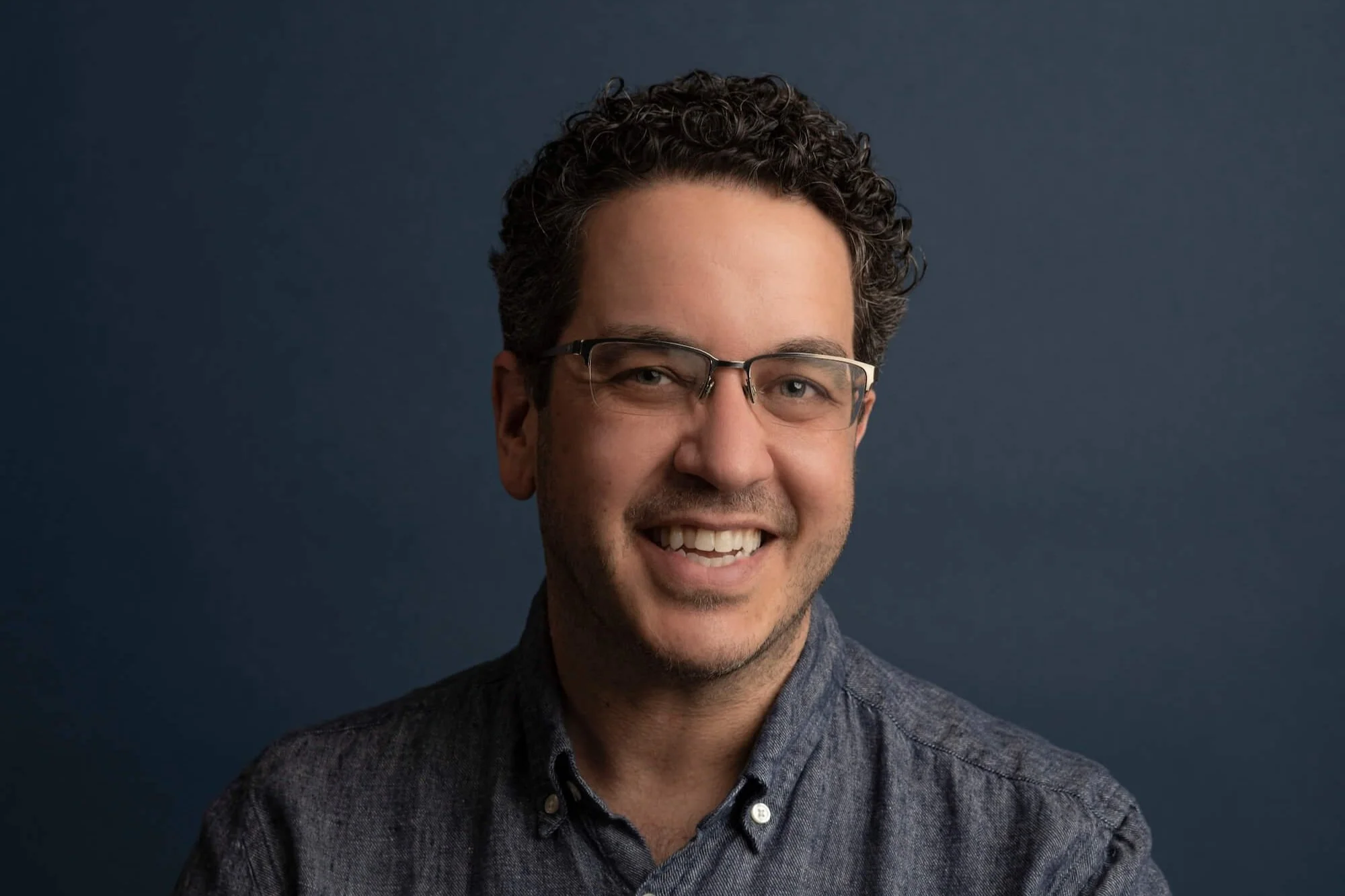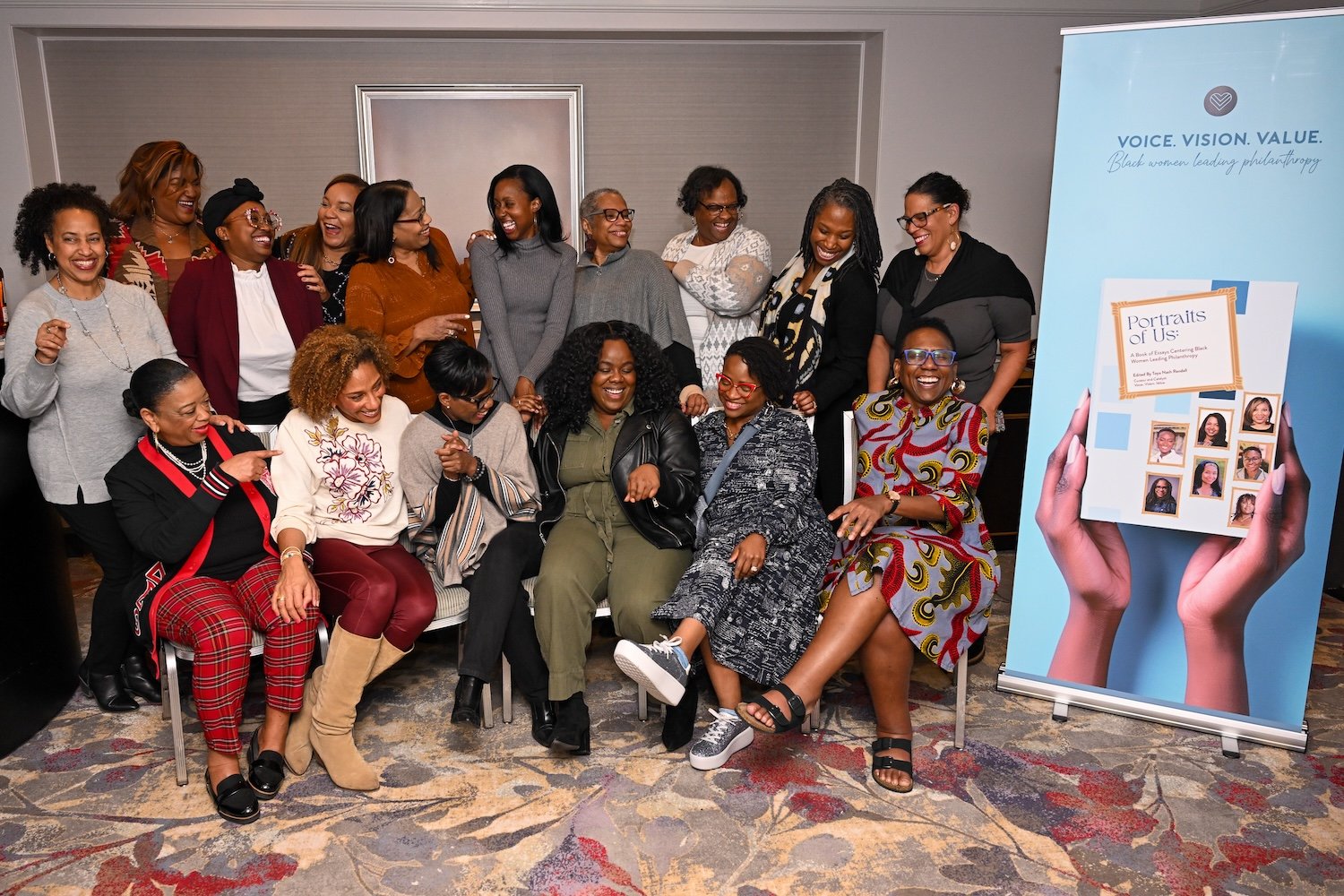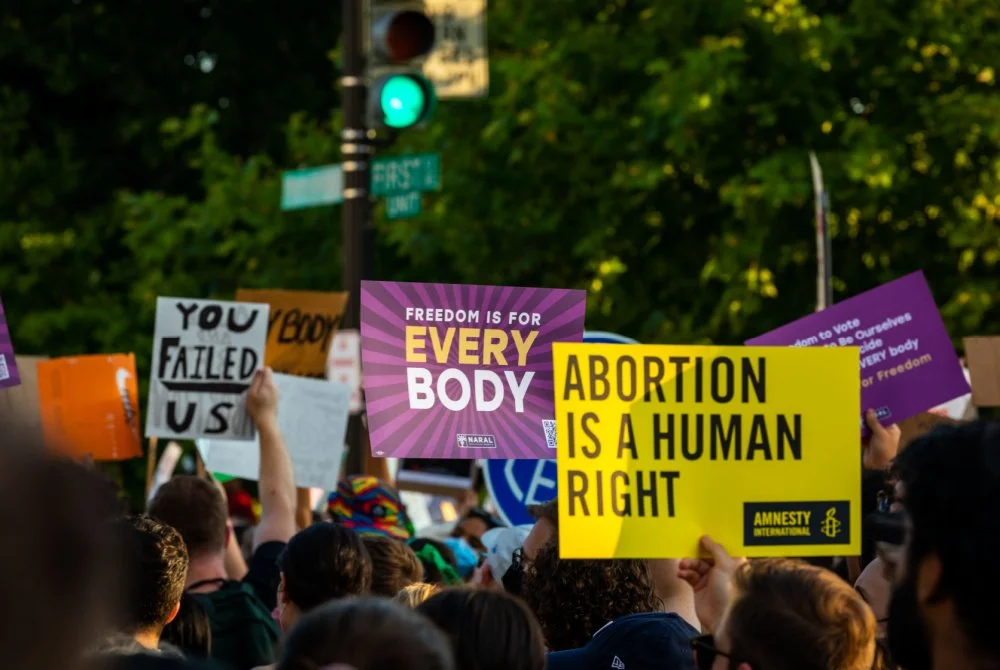Philanthropy vs. Racism: Inside Kellogg's Quest for "Healing and Transformation"
/Photo: sebastianosecondi/shutterstock
For a long time, the W.K. Kellogg Foundation has been a steadfast philanthropic leader in the push for a more equitable society—and one that isn't afraid to address race directly. In fact, it's hard to think of a major foundation that's invested more thought, energy and grant money in this area than Kellogg.
Last year, following a decade of grantmaking designed to foster racial healing and extensive stakeholder engagement on possible directions for this work, WKKF launched the Truth, Racial Healing & Transformation initiative (TRHT), a project that it describes as "a comprehensive, national and community-based process to plan for and bring about transformational and sustainable change, and to address the historic and contemporary effects of racism."
Last month, we gained a better sense of how this ambitious effort will unfold, as nearly $24 million in grants went out to partner organizations in 14 regions. The funding round is only the tip of the iceberg when it comes to WKKF's plans for TRHT.
The initiative takes its inspiration from the truth and reconciliation commissions undertaken by countries like Canada and South Africa to address past grievances. But TRHT pursues a more ambitious goal. According to Gail Christopher, senior advisor and vice president for TRHT, “It was very clear that for America, it’s not as much about reconciliation as it is about healing and transformation. That involves letting go of the idea of a hierarchy of human value.” That idea, often unconscious, is an underpinning factor behind racism.
Throughout her ten-year tenure at Kellogg, Christopher has been a key figure in the foundation’s voluminous work on race. She spearheaded America Healing, a program of funding and conferences meant to illuminate the biases and inequities that keep communities of color vulnerable. In the lead-up to TRHT, Christopher envisioned a similar project for the U.S. powered by the civil society sector.
But can one foundation, even a large one, meaningfully tackle what might be the most deeply entrenched social problem in American society? Actually, Christopher is optimistic. She believes that philanthropy has played a role in “a shift in the quality of the conversation about racism over the past decade.” She cites projects like WKKF’s work on policing equity, the Kirwan Institute’s work on implicit bias, and grassroots organizing through groups like Color of Change.
Those are only some of the dozens of racial equity projects WKKF has funded in recent years—a period in which race has attained a prominence in America's political and cultural life to a degree not seen since the 1960s. While it's impossible to say how much credit Kellogg or other funders can take for this shift, the foundation's work on race is extraordinarily well timed—which is often a key to philanthropic impact. Kellogg's approach on race is also quite multi-faceted. The foundation has taken on structural racial inequity through partnerships with organizations like Prosperity Now (formerly CFED) and the Center for Social Inclusion. It has backed efforts to get more teachers of color into classrooms and improve early childhood learning in poor communities.
Grants have also supported black male leaders and mobilized lawyers to defend communities of color in states like New Mexico. And let’s not forget Kellogg’s efforts to understand and reduce residential segregation, a problem Christopher cites as one of the biggest barriers to change.
Related:
- Who's Giving Grants to Close the Racial Wealth Gap?
- The Funding Behind a Group That's Taking on Structural Racial Inequity
- New Momentum After a Long Fight: Inside Kellogg's Push on Children and Equity
- Which Funders Are Battling Today's Forms of Segregation?
WKKF drew from this extensive experience as it developed TRHT. “But to do this in America,” Christopher says, “we needed to have a lot of people embrace and own it.” That meant drawing together “176 leaders and scholars” as well as “more than 144 individual and organizational partners” during a seven-month design phase in 2016. The result: a comprehensive TRHT framework and accompanying guidebook detailing what the foundation wants to achieve through its initial grants and follow-up work.
TRHT embraces two main priorities: racial healing and relationship building, and narrative change. Within the first category, the focus is on overcoming legal barriers, economic obstacles and the costs of "separation" (segregation). Narrative change envisions a national and local media landscape that accurately reflects the racial makeup of communities and their oft-overlooked racialized histories.
On the ground, local partner organizations will carry out their own TRHT projects honed during a summit held in December 2016. At the summit, WKKF brought together leadership teams, most often affiliated with local community foundations. From January through the grant awards in June, the teams developed their own local strategies incorporating the above priorities. Local partners include the Council of Michigan Foundations, the Community Foundation for Greater Buffalo, the Woods Fund of Chicago, Southern California Grantmakers, the Communities Foundation of Texas and the Black Belt Community Foundation.
WKKF’s initial outlay is intended, in part, as start-up funding. Supplementary growth funds will serve as focal points for more fundraising. Local leadership is necessary, says Christopher, because each place has a unique racialized history. At the same time, local endowments address the fact that [we’re] “not going to undo centuries of racial hierarchy in a decade. We must integrate a long view with the capacity to be responsive.”
While grassroots organizing and policy work on issues like residential segregation are crucial parts of TRHT, Kellogg’s focus on narrative change reflects a deep commitment to “reaching the majority of people in this country who do want forward movement toward a more expansive identification as a people.” Given the stream of racialized negativity in current politics, this effort is well timed, to put things mildly.
But as we’ve said before, the push for racial equity is a marathon, not a sprint. TRHT is grounded in that idea, and Kellogg’s not alone, here. In recent years there’s been a definite uptick in funding around race, as the various funders who backed My Brother's Keeper in 2015 have carried out new grantmaking—and as a continuing string of police shootings and a heightened awareness of racial stratification have pulled new funders into this space. This year, the MacArthur Foundation has been researching the abiding problem of racial segregation in Chicago, and a whole range of corporate funders are boosting asset building and employment for urban youth of color. Meanwhile, since Trump's election, a new series of funding efforts aim at protecting immigrant communities, and a few to combat hate crimes.
But again, no major foundation in America has focused on race with the intensity of the W.K. Kellogg Foundation. This grantmaking is not without risks, and the fact that Kellogg is doubling down here is an encouraging counter-point to the familiar charge that big foundations like to play things safe.
Related:







































